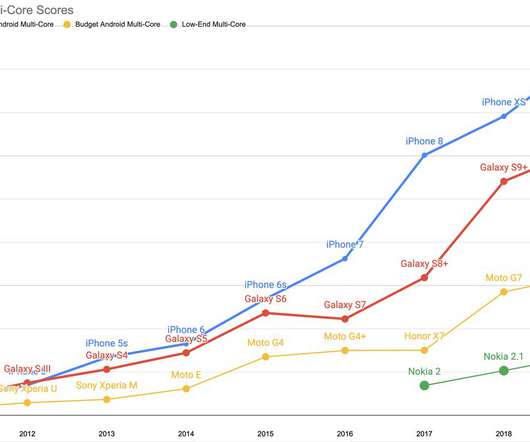AMD EPYC 7002 Series Processors and SQL Server
SQL Performance
AUGUST 27, 2019
The initial reviews and benchmarks for these processors have been very impressive: AMD EPYC 7002 Series Rome Delivers a Knockout. AMD Rome Second Generation EPYC Review: 2x 64-core Benchmarked. TPC-H Benchmark Results with SQL Server 2017. TPC-E Benchmark Results with SQL Server 2017. Lower power usage.












Let's personalize your content